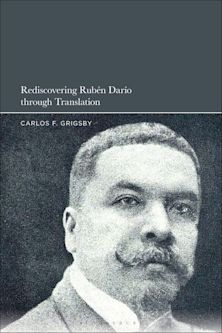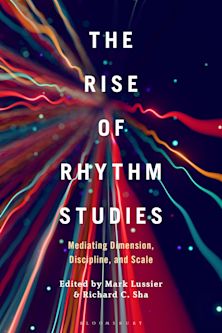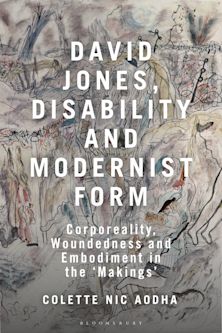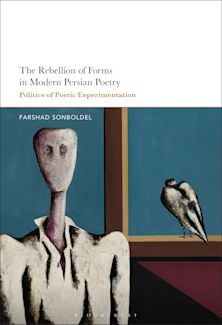The Poetry of the Medieval Troubadour, William IX of Aquitaine
The Songs that Built Europe
The Poetry of the Medieval Troubadour, William IX of Aquitaine
The Songs that Built Europe
This product is usually dispatched within 1 week
- Delivery and returns info
-
Free US delivery on orders $35 or over
Description
The Poetry of the Medieval Troubadour, William IX of Aquitaine: The Songs that Built Europe offers a new edition, translation, and critical discussion of the songs of the first European troubadour, William IX, Duke of Aquitaine. This book argues that William and his poetic works manifest the economic, political, and cultural forces that laid the foundations of modern Europe, including the subjectivities of modern westerners and the concerns and motifs of what later became the national literatures of France, Spain, England, Germany, and Italy. Encouraging personal freedoms, self-definition, and the pursuit of love and happiness, the culture of courtly love that William initiated is distinctly modern but can also be seen to have played a key role in the subjection of medieval Europeans to the then-emergent market economy, imperialist ambitions of the Church, and authority of proto-national kingdoms. As such subjection affected even the highest-ranking aristocrats, such as William, the road of liberation of desire appears to have been a fast lane to serfdom for everyone, perhaps the most pre-modern feature of the modern and postmodern conditions.
Table of Contents
Acknowledgments
Preface and Disclaimer
Introduction. William IX of Aquitaine, the Premodern and Postmodern Conditions
William IX, First of the Moderns
The Dialectic of Unreason: Romans, Christians, and Germanic Barbarians
The New Subjects of Love
Traveling to the Past
Neither Past, Nor Other
Women, Wealth, and Power
Courtly Culture
The Divinity of Love: Dante as a Troubadour
Caveat Evangelista
Chapter 1. The Life of William IX of Aquitaine
Carolingian Period
Capetians, Church, and Empire
Aquitaine
William IX of Aquitaine
Crusade of 1101–1102
Robert d'Arbrissel
Anjou and Other Affairs
Two-Faced William
Chapter 2. The Songs of William IX
Manuscripts
Manuscript C
Manuscript D
Manuscript E
Manuscript I
Manuscript K
Manuscript N
Manuscript R
Manuscript V
Manuscript a1
Song 1: “Companho, farai ieu un vers covinen” (My friends, I will make a proper song)
Standard Bibliographic Text Identification
Topic/Argument
Date of Composition
Primary Sources
Genre
Form and
Product details
| Published | Aug 15 2023 |
|---|---|
| Format | Hardback |
| Edition | 1st |
| Extent | 314 |
| ISBN | 9781666926934 |
| Imprint | Lexington Books |
| Illustrations | 11 b/w photos; 11 tables; |
| Dimensions | 9 x 6 inches |
| Series | Studies in Medieval Literature |
| Publisher | Bloomsbury Publishing |
Reviews

ONLINE RESOURCES
Bloomsbury Collections
This book is available on Bloomsbury Collections where your library has access.



































